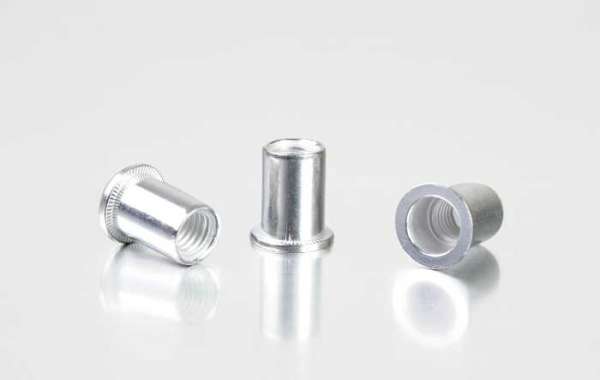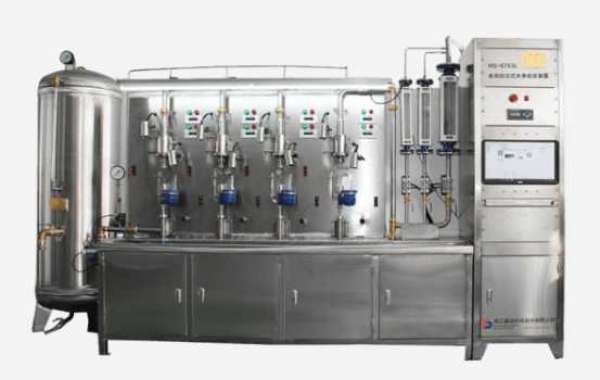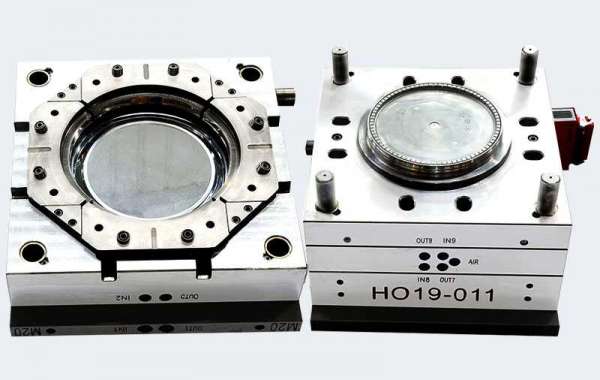There are many steps in the manufacturing process of rivet nuts, including thread processing, and the manufacturing of rivet nut aluminium also requires thread processing.
Thread production generally uses cutting, turning, milling, grinding, and other processes, and tapping is the most widely used internal thread processing method, especially for small-size internal thread tapping is almost the only method. There are generally two methods of tapping, namely, hand tapping and machine tapping. So what are the methods and precautions for machine tapping?
When tapping the through-hole thread, it should be noted that the calibrated part of the tap cannot be completely exposed, otherwise, the tapping phenomenon will occur when the tap is reversed and exited.
When selecting a machine tapping thread, the tapping oil is mainly selected according to the material to be processed, and sufficient tapping oil must be maintained to lubricate the tapping part. To ensure the accuracy of the thread, the tapping oil must meet the process requirements and cannot be used Instead of non-special oil products such as rapeseed oil, machine oil, and regenerated oil.
The above are the common problems and precautions of the thread tapping process. Strictly operating by the rules and regulations when using the tapping machine can effectively avoid the occurrence of failures. When selecting raw materials, using products that meet the relevant standards can improve the quality of the workpiece.
Of course, the thread of the stainless steel rivet nut needs attention when making it.








